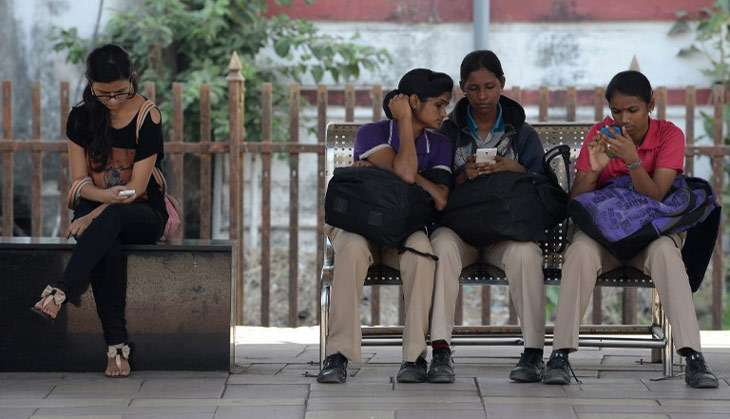
The government should ensure competition in the private sector, allowing market forces to work their magic, creating the best service for the consumers. This is the general propaganda of free-market-economics.
Post liberalisation in India, this theory is often quoted with the example of the telecom sector, legitimising the idea of leaving consumer interests to the good sense of market forces.
However, the NDA government - whose prime minister gave the slogan of 'minimum government maximum governance' - is getting a tough lesson in free-market economics. That lesson lays bare the tendency and ability of forming cartels by the private sector, to offer less than satisfactory services to consumers.
Also read:Why govt defence of its growth estimates casts further doubt over its data
An audit conducted by Telecom Regulatory Authority of India (TRAI) in Delhi on mobiles' quality of service from 3-6 May, shows that all operators, barring Reliance Communications (RCom) in second-generation services (2G) and Vodafone in 3G, fail to meet the call drop rate (CDR) benchmark of two percent.
This is not the first test conducted by TRAI and definitely not the first time when the biggest telecom companies have failed to meet the basic standard of service towards their customers.
According to the government guidelines, the telecom companies are required to maintain a call drop rate in their respective circles, of less than 2%. However, telecom companies over the past two years, have simply refused to improve their services.

The NDA government has realized that the telecom companies have formed a cartel to ward off any pressure to improve their services that requires heavy investment in infrastructure. This is why they had decided to levy a penalty of Re 1 per call drop - with a maximum of Rs 3 per day - on telecom companies. However, the decision was struck down by the Supreme Court (SC), which termed it 'arbitrary, unreasonable and non-transparent'.
Also read: India the fastest growing economy? Nope! Guess again
One of the reasons why the NDA government is desperate to improve the quality of service from the telecom companies is its 'Digital India' mission. Prime Minister Narendra Modi has set a vision of 650 million internet connections and broadband speeds of up to 2 Mbps by 2020. At present, the country has close to 200 million internet connections and broadband speeds of 512 Kbps.
The telecom companies have been calling themselves helpless and innocent. They blame the government for not providing enough spectrum to improve their services.
However, there is enough evidence available, that over the past 6 years, the focus of telecom companies has been on customer acquisition rather than improving infrastructure.
As per industry data, the consumer base of mobile services grew from 57.4 crore in 2010 to 97 crore in 2015, an increase of 66%. But the growth in mobile towers was only 33% from 3.29 lakh in 2010 to 4.4 lakh in 2015.
After the Supreme Court quashed the government's decision to penalize telecom companies for call drops, Rajan Mathews, director general of the Cellular Operators' Association of India, in a statement to IANS said, "now, let us move forward and fix the real issues - like having more cell towers, affordable spectrum and working with the local authorities to get the infrastructure in place".
Alas! Rhetoric is different from reality. The TRAI seems to have realized it and has sought permission from the government to levy financial penalty on operators by amending the TRAI Act.
The amendment in the law will allow the government to overcome the judgment of the SC. The process of amendment though, may take some time.
While the government is forced to take the cumbersome route to improve the telecom services, it must teach a lesson and a precedence that the theory of free-market economics has its limits and the slogan 'minimum government and maximum governance' is relative and not absolute.
Also read: Telecom operators to benefit from SC's verdict on call drops; Digital India hurt
First published: 3 June 2016, 12:53 IST







![BJP's Kapil Mishra recreates Shankar Mahadevan’s ‘Breathless’ song to highlight Delhi pollution [WATCH] BJP's Kapil Mishra recreates Shankar Mahadevan’s ‘Breathless’ song to highlight Delhi pollution [WATCH]](https://images.catchnews.com/upload/2022/11/03/kapil-mishra_240884_300x172.png)

![Anupam Kher shares pictures of his toned body on 67th birthday [MUST SEE] Anupam Kher shares pictures of his toned body on 67th birthday [MUST SEE]](https://images.catchnews.com/upload/2022/03/07/Anupam_kher_231145_300x172.jpg)


_in_Assams_Dibrugarh_(Photo_257977_1600x1200.jpg)



